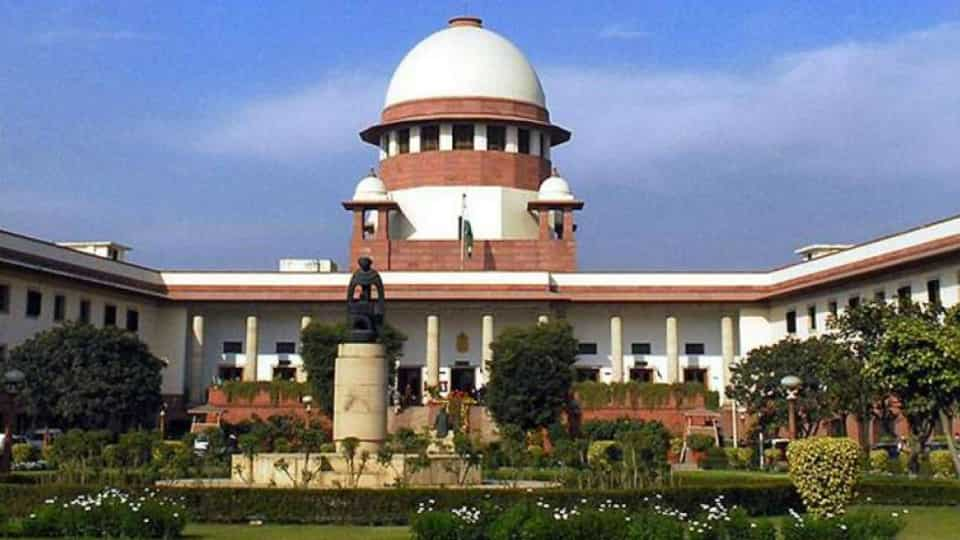New Delhi (IL News Service): The Supreme Court has held that the notification issued by the Centre to increase import duty on goods from Pakistan by 200 per cent in the wake of the Pulwama attack last year could not be applied retrospectively.
The three-judge bench of Justices D. Y. Chandrachud, Indu Malhotra and K. M. Joseph passed this order while dismissing the appeal by the Centre against a Punjab and Haryana High Court judgment holding that it cannot levy enhanced custom duty from importers who had already presented “bills of entry for home consumption before the enhanced rate was notified” in e-Gazette.
40 CRPF men were killed in a terror attack in Pulwama in Jammu and Kashmir on February 14 last year. Two days after the attack, the Centre issued a notification under Section 8A of the Customs Tariff Act 1975, which subjected all goods originating from Pakistan to 200 per cent enhanced customs duty.
The government’s notification was uploaded on the e-Gazette at around 8.46 pm on February 16, 2019 and the customs authorities at the land customs station at Attari in Punjab sought to enforce the enhanced rate of duty on importers who had already presented bills of entry for home consumption before the enhanced rate was notified in the e-Gazette.

This action was challenged before the Punjab and Haryana High Court, which ruled in favour of the petitioners. The Centre had appealed this decision in the apex court.
Additional Solicitor General KM Nataraj, on behalf of the Centre, argued that since the notification was issued on February 16, 2019, the Court must, treat it as being in existence with effect from midnight February 16.
Justice Chandrachud, who wrote the 82-page judgment, said:
“The purpose of the notification being to discourage the import of goods from Pakistan, it has prospective effect: the object and purpose is not to penalize Indian importers who had completed their imports, presented bills of entry for home consumption and had completed self-assessment in terms of the provisions of the Customs Act and the Regulations, prior to the issuance of the notification.”
The possibility of re-assessment of the duty was also ruled out, with the Court holding:
“The power of re-assessment under Section 17(4) could not have been exercised since this is not a case where there was an incorrect self-assessment of duty. The duty was correctly assessed at the time of self-assessment in terms of the duty which was in force on that date and at the time. The subsequent publication of the notification bearing 5/2019 did not furnish a valid basis for re-assessment.”
Justice Joseph, who wrote a separate and concurring 94-page judgment in the case, observed:
“There is no merit in the contention of the Union of India that by virtue of Section of 5(3) of the General Clauses Act, the notification must be treated as effective from the point of time immediately after mid night on 15/16 February, 2019.”
The apex court dismissed the appeals against the High Court‘s order, as it did not find any merit in the appeals.
Read the Judgment here;
1226_2020_33_1501_24054_Judgement_23-Sep-2020-India Legal Bureau


